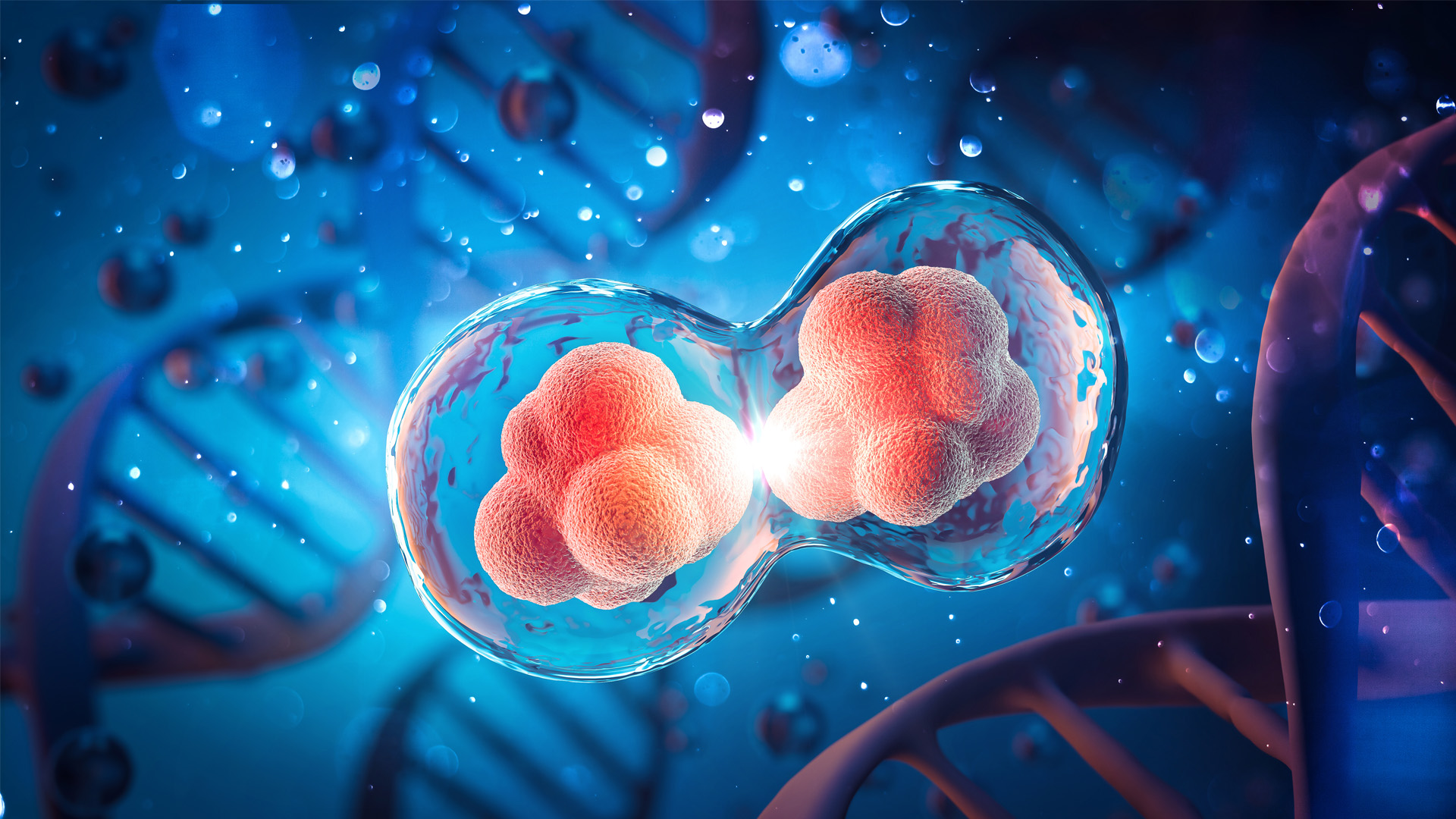Beattie Melinek – Technical developments towards commercialisation of a novel Cell-Free pDNA production platform

Beattie Melinek // UCL // CPI, HVM Catapult // Healthcare & Wellbeing
Researchers at UCL, in collaboration with CPI (HVM Catapult) are developing a new way to make synthetic DNA – the kind used in cutting-edge genomic therapies. Their goal is to build a compact, automated device that can manufacture these therapies on demand, opening up new treatment possibilities for people with ultra-rare diseases.
For this to work, the DNA produced must be extremely pure and high-quality. That means the device needs a reliable purification step: one that can separate the desired DNA from all the other leftover materials in the reaction – including other, very similar
strands of DNA.
The researchers identified chromatography as the best method for this job. It’s precise, can be automated, and provides valuable quality control data. But there’s a catch: there are many types of chromatography resins and protocols out there, and not all are suited to purifying synthetic DNA. The team needed to test and compare a wide range of options to find those capable of consistently isolating the right DNA – no easy task given how chemically similar the different strands can be.
Download the full case study here